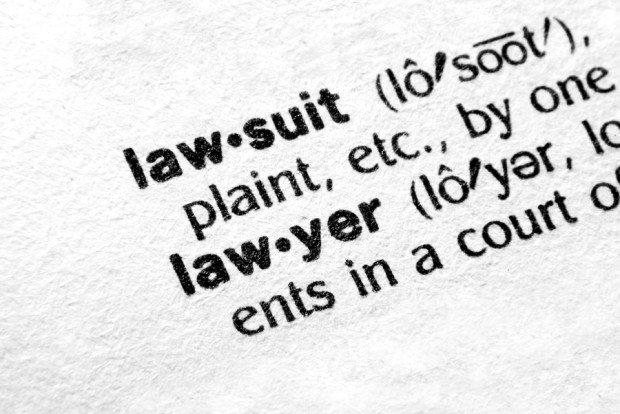A federal judge sharply criticized statements and actions by former executives of Bear Stearns Cos in the final days of the investment bank, saying important information was “withheld from the public” and allowing a shareholder lawsuit to move forward.
In a 59-page ruling released Monday, U.S. District Judge Robert Sweet rejected Bear Stearns’s effort to dismiss the case, which also names ex-chief executive James Cayne, ex-co president Warren Spector and accounting firm Deloitte & Touche LLP as defendants.
The failure of Bear Stearns was an early warning sign of the financial crisis to come. The firm began to struggle in 2007 amid the collapse of two internal hedge funds that invested in structured debt securities. It devolved into a run on the firm and a refusal by counterparties to extend credit, ending with the firm’s forced sale to JPMorgan Chase & Co. in March 2008.
The case before Sweet is one of the last remaining pieces of Bear shareholder litigation, most of which was settled through a class action in 2012. JPMorgan would be on the hook for any judgments or settlements against Bear Stearns.
In the ruling, Sweet said the plaintiff, investor Bruce S. Sherman, produced “evidence from inside Bear demonstrating an active attempt to hide facts” that undermined statements executives made at the time about the firm’s financial strength. The judge cited an e-mail submitted earlier in the case in which then-finance chief Sam Molinaro wrote of needing to “create more liquidity asap” on the same day he told investors the company’s liquidity and capital was “very strong.”
Molinaro’s attorney, Pamela Chepiga, did not immediately respond to a phone call seeking comment.
Sweet also said the plaintiff “has provided evidence to show that facts that should have been disclosed were withheld from the public.” A lawyer for Bear Stearns, Brad S. Karp, did not return a call seeking comment.
Still, the judge reduced the time window for the decline in Bear shares that the plaintiff was hoping to claim as damages, limiting it to the sell-off that occurred in the days around the forced sale to JPMorgan.
The case is In Re Bear Stearns, 08-MDL-1963, U.S. District Court, Southern District of New York (Manhattan).





















 State Farm Inked $1.5B Underwriting Profit for 2025; HO Loss Persists
State Farm Inked $1.5B Underwriting Profit for 2025; HO Loss Persists  Machine Learning for Mutuals: What’s Working, What’s Not, and What’s Next
Machine Learning for Mutuals: What’s Working, What’s Not, and What’s Next  Focus on Ski Guides After Deadly California Avalanche Could Lead to Criminal Charges, Civil Suits
Focus on Ski Guides After Deadly California Avalanche Could Lead to Criminal Charges, Civil Suits  Beyond Automation: The Emerging Role for Contextual AI in Insurance
Beyond Automation: The Emerging Role for Contextual AI in Insurance 



